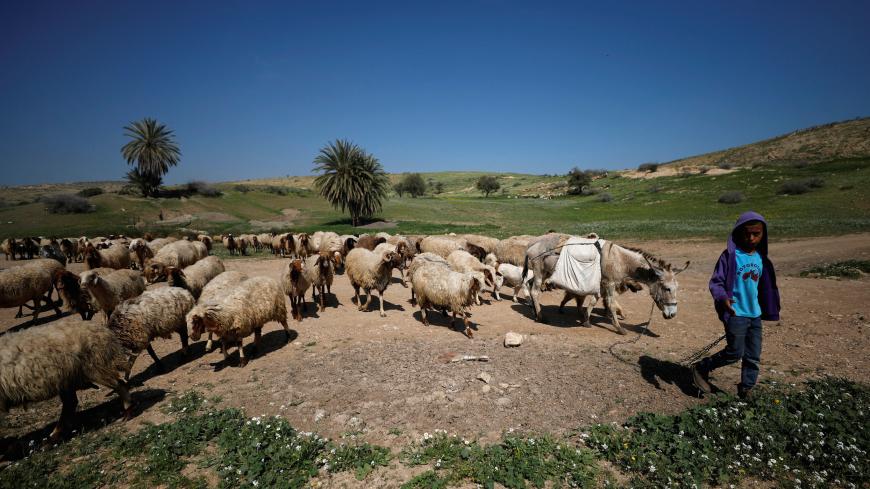When the State Department released its annual human rights report in April, it used the term "West Bank" for the first time instead of “occupied territories.” Israeli Defense Minister Avigdor Liberman immediately tweeted, “The lie that these territories are occupied is beginning to get exposed.” The Israeli political right began rejoicing. While they would have preferred that the Americans take their lead and use the biblical “Judea and Samaria” to designate the land on the western bank of the Jordan River, they considered it a step in the right direction. Meanwhile, an event in Europe reminded that although issues of nomenclature can cause long and exhausting diplomatic crises, they cannot stop historical necessity.
After 27 years of independence, Macedonia might finally be recognized by an official name — the Republic of North Macedonia. For all these years, Greece had blocked the country’s membership in major international organizations, including NATO and the European Union, because Athens did not agree to it using its original name, Macedonia, even though that is the name by which it is best known. The Greeks claimed that the name was already taken by a strip of territory in the northern part of their country.


